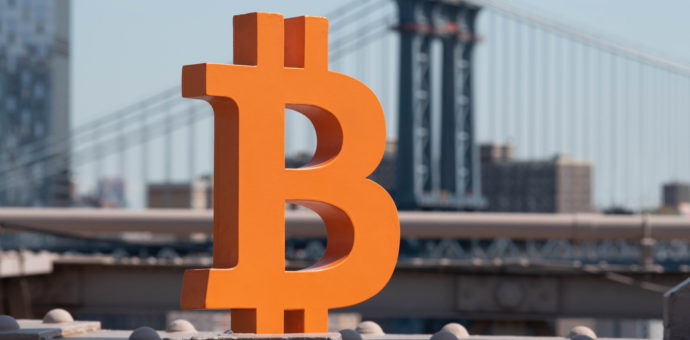What is the problem that money seeks to solve? It is the opening question of the book “The Bitcoin Standard: the decentralized alternative to central banking”, whose Brazilian version was published in September of last year. In the book, the author, Saifedean Ammous, answers that money serves to make exchanges possible, avoiding situations common in the past, such as barter.
In other words, to make trade possible, there must be an exchange currency. Otherwise, several problems arise. For example, in situations of goods exchange, it is necessary to have mutual interest, besides metrics that can identify how much each product is worth.
Thus, various monetary means of exchange emerged. According to Ammous, a professor of Economics at the American-Lebanese University and a member of the Center on Capitalism and Society at Columbia University, several goods have historically functioned as money, such as salt, cattle, shells, among others. But at the same time, all of them (currencies of exchange) have become “weak money” as states tend to monopolize and increase their production to finance their expenditures.
Bitcoin is part of this line of economic reasoning
Throughout the initial seven chapters of the book, Ammous talks about money, currencies, and their devaluation. But what about bitcoin? After analyzing monetary systems, the author gets to cryptocurrencies, showing how they are part of this economic reasoning.
Until the 19th century, gold was considered the best monetary standard in history, precisely because of its characteristic of natural scarcity (or stock-to-flow). However, it was stored in the vaults of the big banks, being a material challenging to transport. At that moment, the money came up on paper. Over time and the issuance of more banknotes, the paper, even backed by gold, also became a weak currency.
And that’s where bitcoin comes in, an asset created during the 2008/09 crisis, with the same stock-to-flow concept. “Bitcoin is money that cannot be confiscated and cannot be censored. Only you can move it without anyone’s authorization. Its system is point-to-point and decentralized. There is no monetary authority that needs to permit your transactions”, explains the translator of the book for the Portuguese language, Guilherme Bandeira, on his webpage. Besides, it cannot be printed by any government.
Thus, in Ammous’ view, bitcoin is a decentralized alternative to national central banks, chosen by the free market, politically neutral and decentralized, and not a cheap payment network or illicit currency.
Brazilian edition of The Bitcoin Standard has extra chapter
The Portuguese version of the book has an extra chapter on scalability. The author delves into what is considered one of bitcoin’s main limitations: its inability to process many transactions, which could impede its scalability.
This difficulty arises from the size of the bitcoin blocks, which causes their generation time to be high. So the discussion is about how to increase the amount of transactions that the network can process per second. In the exclusive chapter of the national version, the author explains how bitcoin can overcome this limitation.







